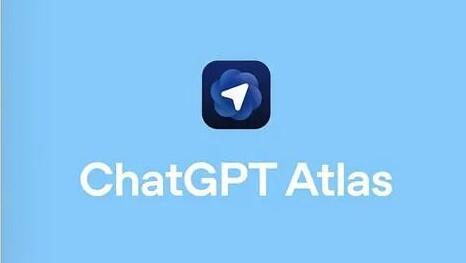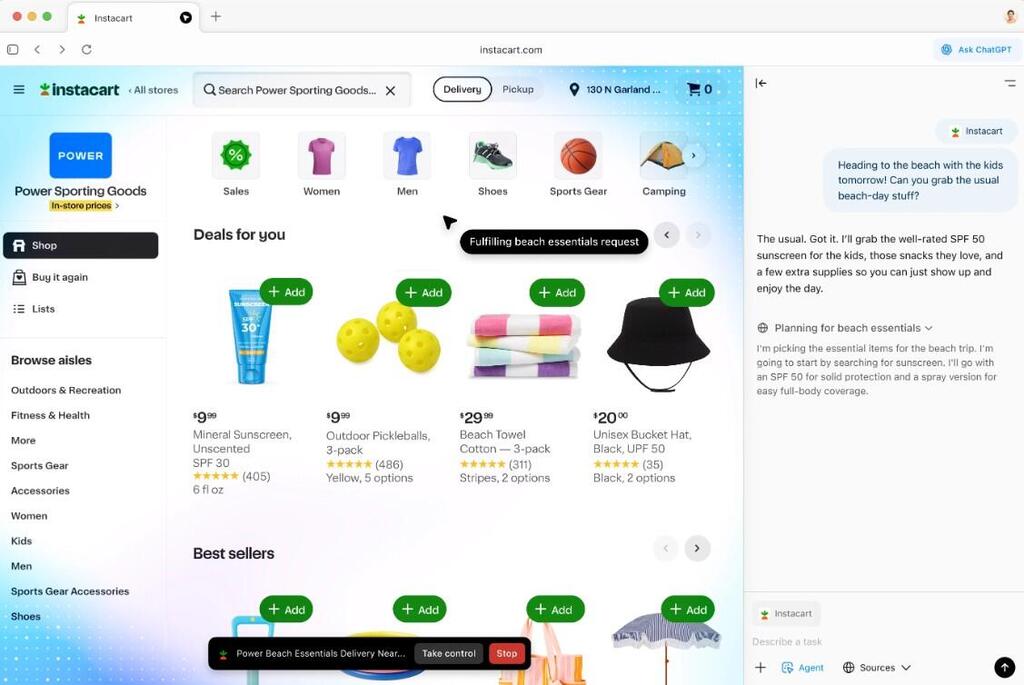Developer Offer
Try ImaginePro API with 50 Free Credits
Build and ship AI-powered visuals with Midjourney, Flux, and more — free credits refresh every month.
OpenAI Challenges Google with New AI Browser Atlas
OpenAI Enters the Browser Wars with Atlas
Continuing its rapid expansion into new technology frontiers, OpenAI has officially entered the web browser market with its latest innovation, Atlas. Following the recent launches of its Sora video generator and Pulse management dashboard, the company unveiled the new AI-driven browser on Tuesday. CEO Sam Altman described the project as “a once-in-a-decade opportunity to rethink the browsing experience.”
According to Altman, the goal extends beyond just launching a new product. The introduction of Atlas is a strategic move to transform OpenAI from a popular chatbot platform into a comprehensive technology ecosystem, placing it in direct competition with established tech giants like Google.
Redefining Browsing with Integrated AI Features
At its core, Atlas integrates ChatGPT directly into the web navigation experience. Instead of relying on traditional tabs and extensions, users will find a permanent sidebar labeled “Ask ChatGPT.” This feature enables powerful, real-time interactions with the web, allowing users to instantly summarize pages, compare products, analyze code, or ask contextual questions about the site they are currently viewing.

The most groundbreaking feature is the new Agent Mode, currently available to Plus and Pro subscribers. This mode transforms the browser into an autonomous online assistant capable of performing actions on the user's behalf, such as booking restaurant reservations, automatically filling out complex forms, or generating shopping lists directly from recipe websites. During a demonstration, Altman highlighted that users retain full control and can halt the AI’s actions at any moment with a prominent red “Stop” button.

A Direct Challenge to Google's Dominance
The market reacted immediately to the announcement, with Alphabet Inc.’s shares falling as much as 4% before recovering slightly to close down 2.1%. The launch of Atlas poses the most significant challenge to date for Google Chrome, which currently dominates the global browser market with an estimated 71% share and roughly 3 billion users. While Chrome has already integrated its own Gemini AI, Atlas represents a more aggressive and deeply integrated approach to AI-powered browsing.
This move is reminiscent of the moment Chrome overtook Microsoft's Internet Explorer, reminding the industry that browser hegemony can be fragile. History is filled with once-dominant names like Mosaic, Netscape, and Explorer that have since vanished. Atlas has the potential to be the next major disruptor in this space, provided it can achieve widespread user adoption.
Navigating Privacy and Security Concerns
The deep integration of an AI assistant into a web browser naturally raises serious questions about privacy and security. OpenAI has stated that users will have control over their data, with options to browse while logged into their account or in an incognito mode that limits data sharing.
However, experts caution that integrating a browser into the OpenAI ecosystem gives the company unprecedented access to user data, including potentially sensitive information shared in chats. This information is often more personal than what users typically share with Google or Meta. It remains unclear how robust the browser’s security will be against hackers or sophisticated data harvesting attempts.
Atlas in the Grand Strategy of OpenAI
Atlas is not a standalone product but a key component of OpenAI’s broader strategy to become a full-scale technology platform, rivaling giants like Google and Microsoft. This ambition is supported by other recent launches, including Pulse, a proactive personal dashboard that provides tailored updates from integrated apps like Gmail and Google Calendar, and Sora, the AI video generator aimed at competing with social media platforms.

Furthermore, OpenAI is expanding into services and e-commerce through its ChatGPT app store and partnerships with companies like Etsy, Shopify, and Walmart. To encourage adoption, the company is offering a temporary data allowance boost to ChatGPT users who set Atlas as their default browser. Altman's strategy is clear: build a critical mass of users to challenge the status quo. The race to redefine the web has officially begun.
Compare Plans & Pricing
Find the plan that matches your workload and unlock full access to ImaginePro.
| Plan | Price | Highlights |
|---|---|---|
| Standard | $8 / month |
|
| Premium | $20 / month |
|
Need custom terms? Talk to us to tailor credits, rate limits, or deployment options.
View All Pricing Details

